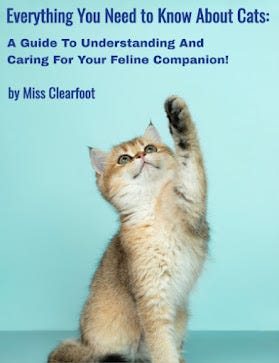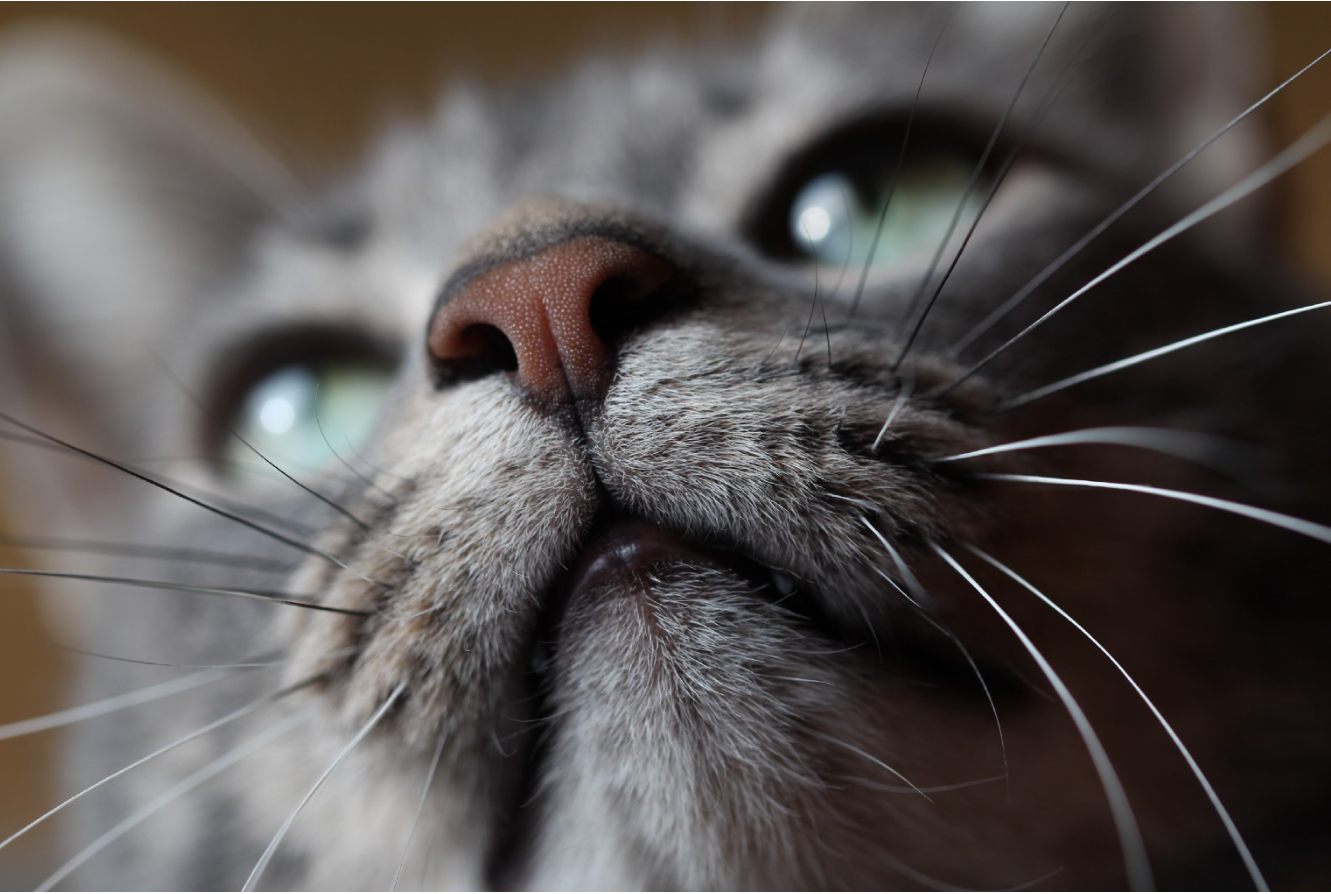As cat owners, we love and care for our furry friends. However, it can be alarming and worrisome when our cats start sneezing.
Cat sneezing can be caused by various factors and can be a sign of a minor irritation or a more serious underlying health condition.
In this brief article, we will explore the various causes of cat sneezing, the remedies available, and when to seek veterinary attention. Some of the common causes are:
Respiratory Infections
- Respiratory infections are the most common cause of cat sneezing. Cats that are exposed to other infected cats are susceptible to viruses and bacteria that can cause sneezing, coughing, and nasal discharge. Common respiratory infections in cats include feline herpesvirus and feline calicivirus.
Allergies
- Cats can develop allergies to a variety of substances, including dust, pollen, mold, and food. When a cat inhales or comes into contact with an allergen, it can trigger sneezing, runny nose, and other symptoms.
Dental Problems
- Dental problems, such as an infected tooth or gum disease, can cause a cat to sneeze. The inflammation and infection in the mouth can lead to nasal discharge and sneezing.
Foreign Objects
- Cats can get foreign objects, such as grass, hair, or small toys, stuck in their noses. This can cause irritation and sneezing.
Remedies for Cat Sneezing
The appropriate remedy for cat sneezing depends on the underlying cause. Here are some remedies that may help alleviate your cat’s sneezing:
Clean Environment
- A clean and dust-free environment can help reduce the risk of respiratory infections and allergies. Regularly clean your cat’s bedding, toys, and litter box. Vacuum and dust your home frequently.
Humidifier
- A humidifier can help moisten the air and reduce irritation in your cat’s nasal passages. This can be especially helpful in dry environments.
Antihistamines
- If your cat’s sneezing is caused by allergies, antihistamines can help alleviate symptoms. However, it is important to consult with your veterinarian before administering any medication to your cat.
Antibiotics
- If your cat’s sneezing is caused by a bacterial infection, antibiotics may be necessary to clear the infection. Only a veterinarian can prescribe the appropriate antibiotic for your cat.
When to Seek Veterinary Attention
If your cat’s sneezing persists or is accompanied by other symptoms, such as nasal discharge, coughing, or lethargy, it is important to seek veterinary attention. Your veterinarian can diagnose the underlying cause of your cat’s sneezing and prescribe appropriate treatment.
Feline Upper Respiratory Infection
If your cat has a feline upper respiratory infection, your veterinarian may prescribe antiviral medication or antibiotics to clear the infection. In severe cases, hospitalization may be necessary to provide supportive care.
Allergic Reaction
If your cat is having an allergic reaction, your veterinarian may prescribe antihistamines or corticosteroids to alleviate symptoms. In severe cases, hospitalization may be necessary to provide emergency treatment.
Foreign Object
If your cat has a foreign object stuck in its nose, your veterinarian may need to remove it under anesthesia. Trying to remove the object at home can cause further injury to your cat.
FAQs
Q1: Can stress cause my cat to sneeze?
A: Yes, stress can weaken a cat’s immune system, making them more susceptible to respiratory infections and allergies. Additionally, stress can cause physical symptoms, such as nasal discharge and sneezing.
Q2: Is it normal for my cat to sneeze after being exposed to new smells or environments?
A: Yes, cats can sneeze as a response to new smells or environments. This is usually a temporary reaction and should subside after a few days.
Q3: Should I be concerned if my cat sneezes occasionally?
A: Occasional sneezing is usually not a cause for concern. However, if your cat’s sneezing becomes frequent or is accompanied by other symptoms, it is important to seek veterinary attention.
Q4: Can I give my cat over-the-counter medication for sneezing?
A: It is not recommended to give over-the-counter medication to your cat without consulting with a veterinarian first. Some human medications can be harmful or even fatal to cats.
Q5: How can I prevent my cat from getting respiratory infections?
A: To prevent respiratory infections, it is important to keep your cat’s environment clean and free of dust and other irritants. Additionally, make sure your cat is up-to-date on its vaccinations and avoid exposing it to other infected cats.
Conclusion:
Cat sneezing can be caused by various factors, including respiratory infections, allergies, dental problems, and foreign objects. The appropriate remedy for cat sneezing depends on the underlying cause, and it is important to seek veterinary attention if your cat’s symptoms persist or worsen. By taking preventative measures and providing appropriate care, you can help keep your cat healthy and happy.
Love Cats? Grab My eBook: ⬇️
> > Everything You Need To Know About Cats! < <

Everything You Need To Know About Cats!
🧶🐱🐈⬛❤️


